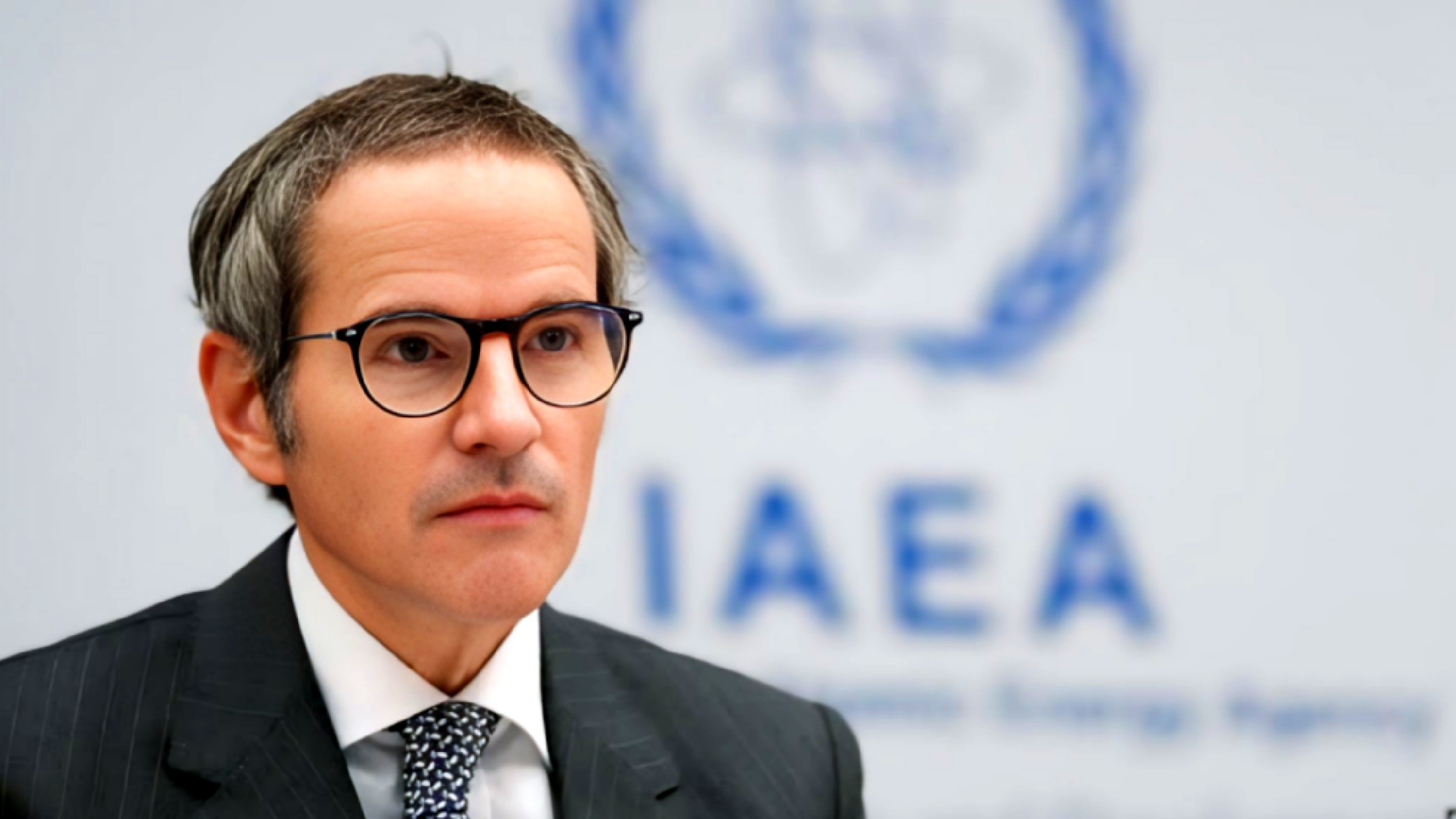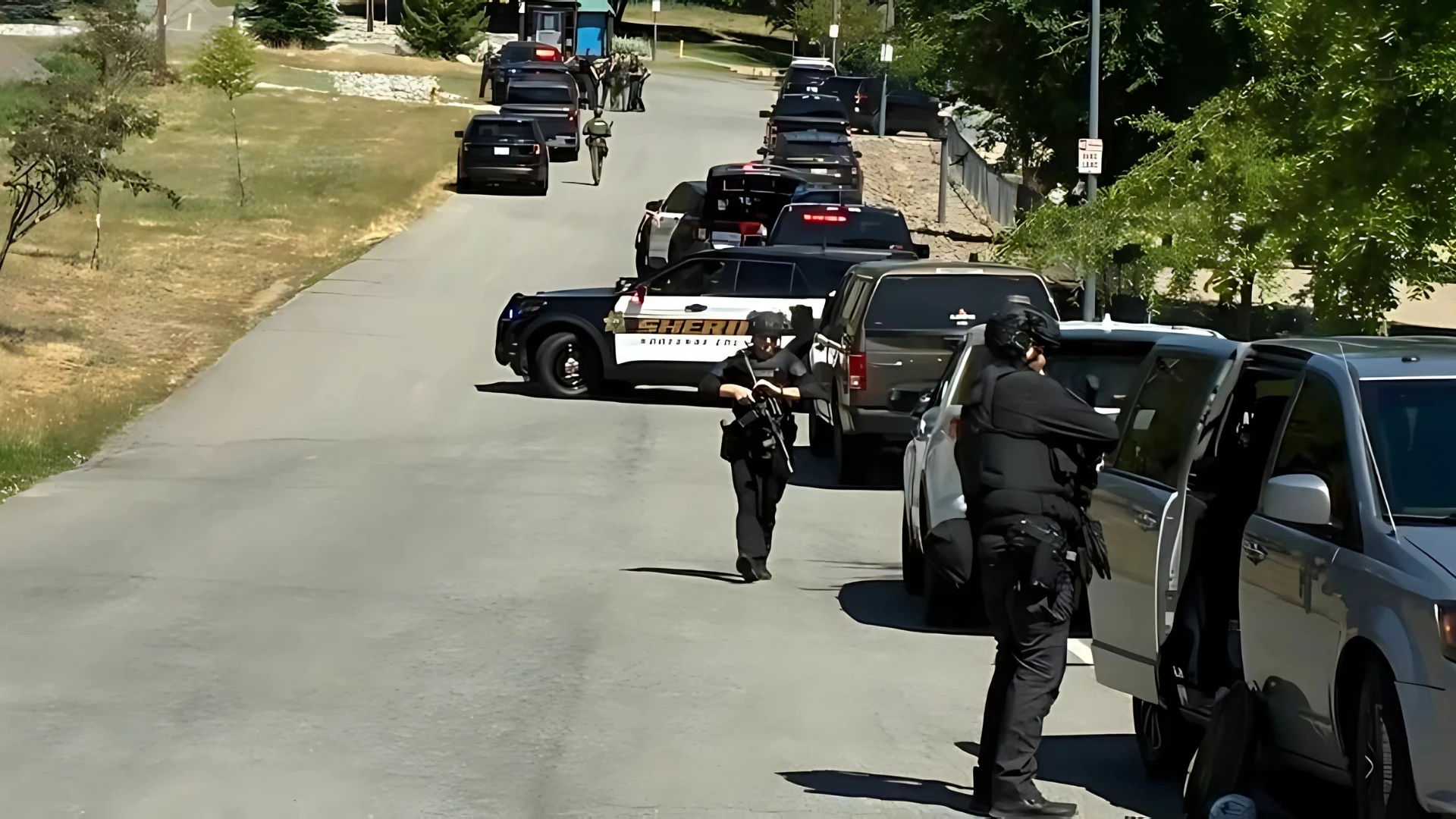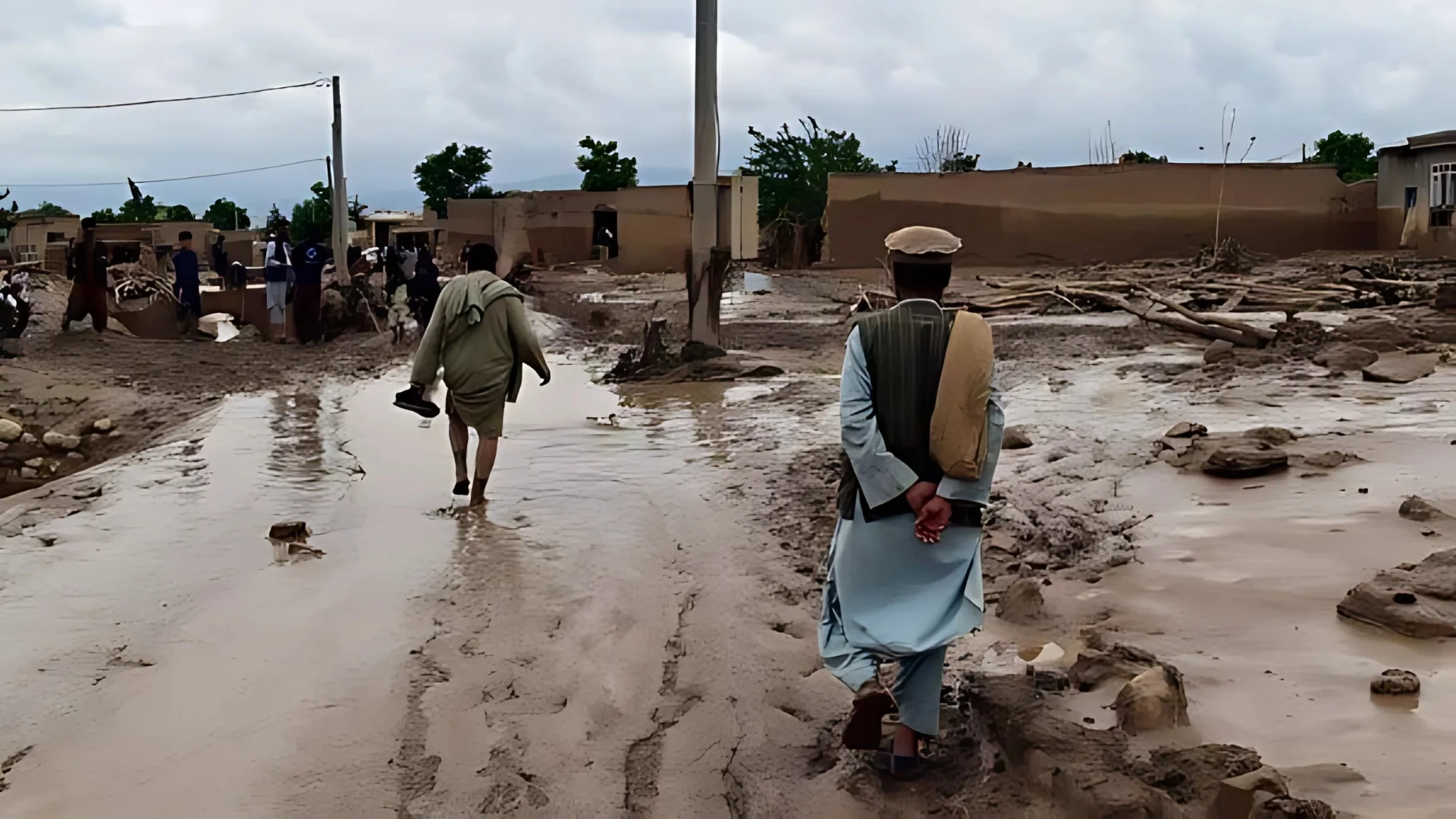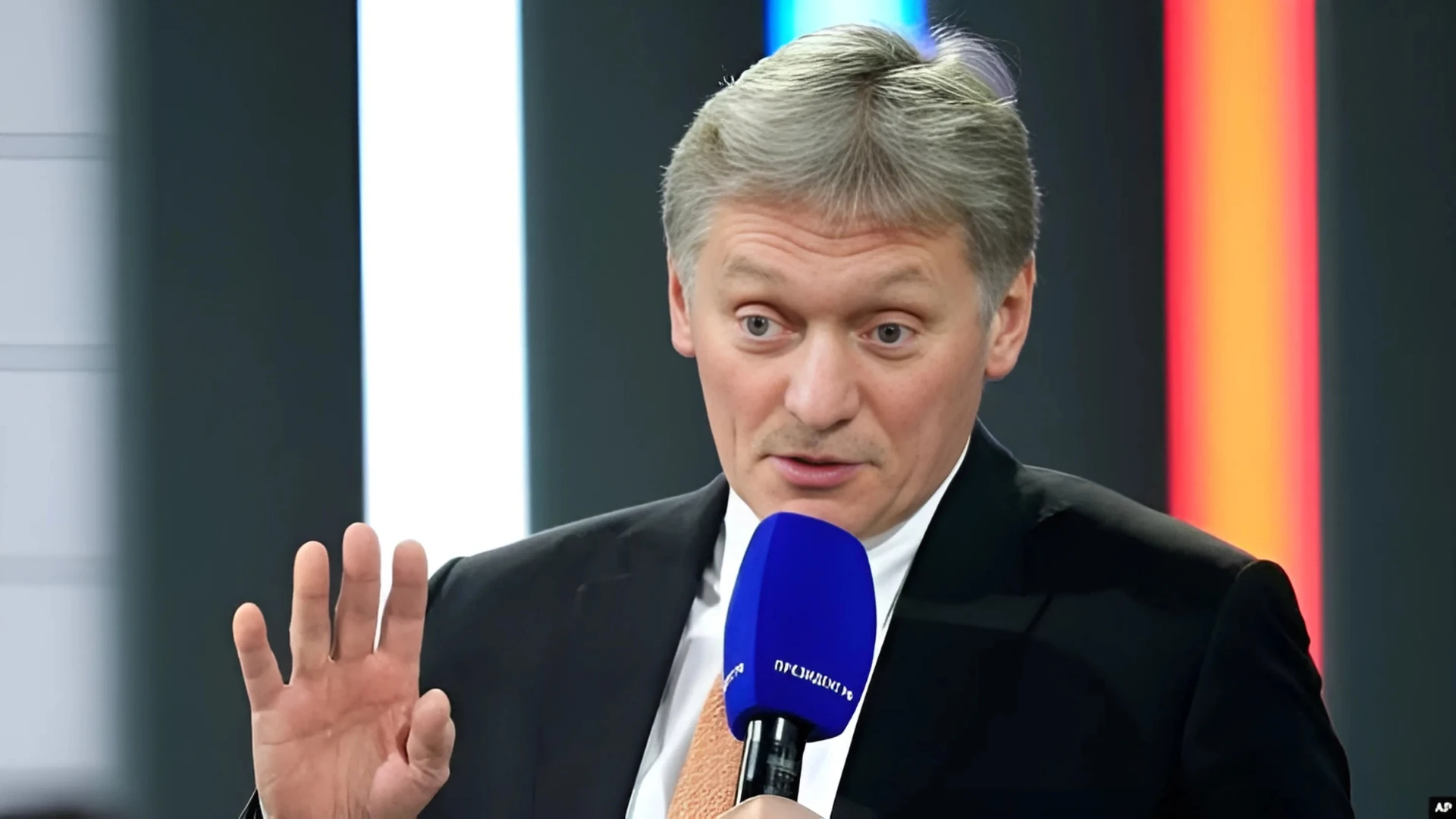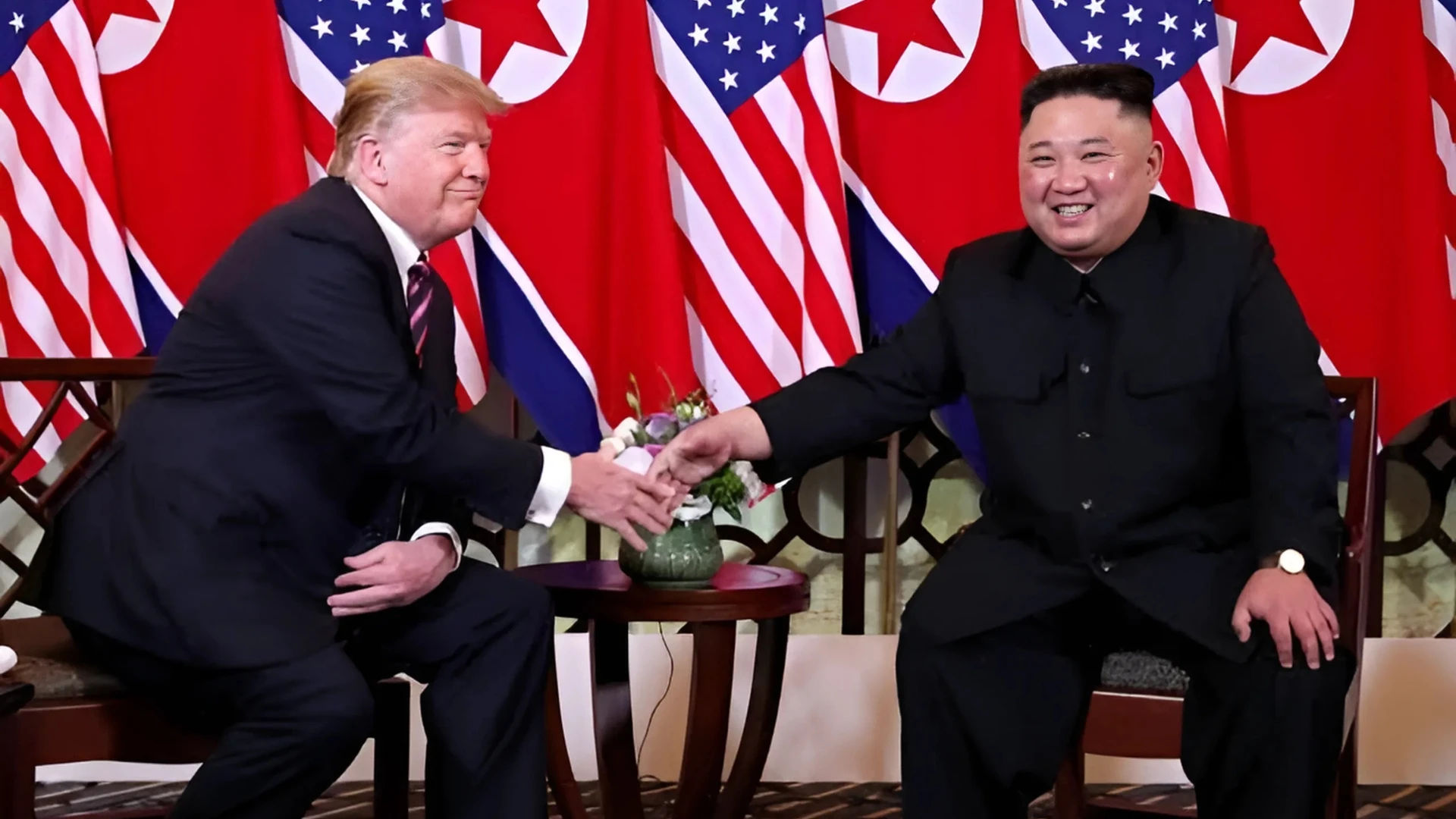Vienna: The head of the International Atomic Energy Agency (IAEA), Rafael Grossi, has announced plans to visit Moscow in the coming days to hold discussions with Russian officials regarding the ongoing attacks on Ukraine’s energy infrastructure. These strikes pose a significant risk to nuclear safety, particularly at the Zaporizhzhia Nuclear Power Plant, which remains under Russian control.
Grossi emphasized the importance of maintaining open communication with both Kyiv and Moscow throughout the conflict. He noted that he has met with Russian President Vladimir Putin, Foreign Minister Sergey Lavrov, and Rosatom officials multiple times to address concerns about nuclear security.
"There have been several instances where we came dangerously close to serious incidents," Grossi told reporters, referring to the precarious situation at the Zaporizhzhia plant. Given the facility's location near the frontline, he refrained from attributing responsibility for attacks on the site.
Ukraine relies on three operational nuclear power plants for over half of its electricity supply, making Russia's targeting of the power grid particularly concerning. The destruction of energy infrastructure threatens nuclear safety by potentially cutting off essential cooling systems needed to maintain stability at these facilities.
During a visit to a damaged electrical substation in the Kyiv region, Grossi highlighted the risks posed by such attacks. Ukrainian President Volodymyr Zelenskyy, addressing Grossi, stressed that nuclear plants should never be targeted and acknowledged the IAEA chief’s direct communication with Putin regarding these threats.
Zelenskyy also condemned Russia for detaining two Ukrainian engineers from the Zaporizhzhia plant, claiming they were imprisoned simply for having pro-Ukrainian content on their phones.
Since the start of the full-scale invasion, Russia has repeatedly attempted to cripple Ukraine’s power grid, aiming to disrupt civilian life and weaken the country’s defense capabilities.
Attacks on electricity substations have further exacerbated nuclear safety concerns, as power outages could force plants to rely on emergency diesel generators as a last resort to prevent a disaster.
While the reactors at Zaporizhzhia have been shut down for months, the plant still requires a stable power supply and skilled personnel to ensure the safe operation of its critical systems. The IAEA remains deeply concerned about the ongoing risks, as continued attacks heighten fears of a potential nuclear catastrophe.


